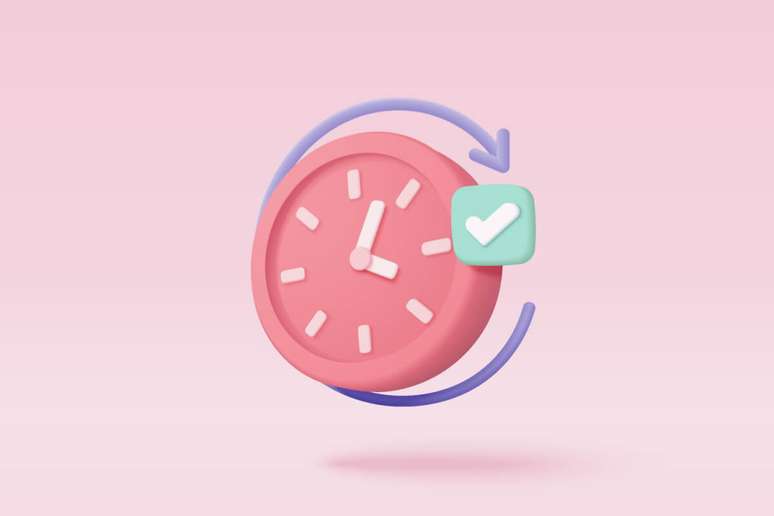Check out habits to improve sleep quality

The term " sleepmaxxing " (translated as "sleep maximization") has been gaining popularity on social media, especially among young people. The expression refers to the adoption of strategies to improve the quality of rest, optimizing sleep through healthy habits and adjustments to the rest environment.
According to Dr. Fabrício Hampshire, a neurologist at Casa de Saúde São José, there has been an increase in the search for quality of life and health through more natural means, such as diet, physical activity, social connection and stress management. Sleep, in particular, plays an important role in this.
"An investment must be made in sleep hygiene through natural means. We should not prioritize medications and artificial strategies, but rather always seek the natural, physiological and balanced," he explains.
Habits to improve sleepSleepmaxxing videos and posts tend to focus on natural strategies for better sleep , such as meditation, light therapy, weighted blankets, hygiene routines, and music. For Dr. Fabricio Hampshire, these suggestions have a secondary benefit, and scientific evidence is needed to prove the positive effect on sleep.
Based on this, the neurologist lists some tips, according to scientific literature, to improve sleep:
- Only use caffeine before 2 pm, especially in people who are more sensitive to the substance;
- Eat light meals up to three hours before going to bed;
- Try to drink liquids up to two hours before going to bed;
- In the last hour before going to bed, try to disconnect from screens such as cell phones, tablets and television. Choose physical paper books and listen to relaxing music instead of electronic devices;
- Keep less intense lights on during the last hours of the day, such as lamps. Blackout curtains are the most recommended to keep the room dark;
- Maintain a temperature suitable for individual comfort, temperatures of 20°C to 25°C are generally the most comfortable for sleeping.

Another trend that has been talked about a lot on social media is the polyphasic sleep strategy, which involves dividing sleep time into several naps, rather than one long phase only at night. However, Dr. Fabrício Hampshire does not recommend this artificial division.
"In early childhood and old age, individuals naturally tend towards polyphasic sleep. If a person does not have this natural need, it should not be encouraged, except in very specific situations, such as working night shifts, for example," warns the neurologist.
Importance of sleep for healthA good night's sleep is essential for the proper functioning of the entire body : from hormone production to memory consolidation. Sleep deprivation can lead to a series of health risks, including increasing the risk of disease and leading to death.
"The need for sleep is very individual and will depend on genetic factors, predispositions, age, etc. An adult, in general, needs to sleep at least seven hours. Children aged 6 to 12, on average, should sleep 9 to 12 hours. Adolescents aged 13 to 18, around 8 to 10 hours," concludes the neurologist.
By Bernardo Bruno
terra






